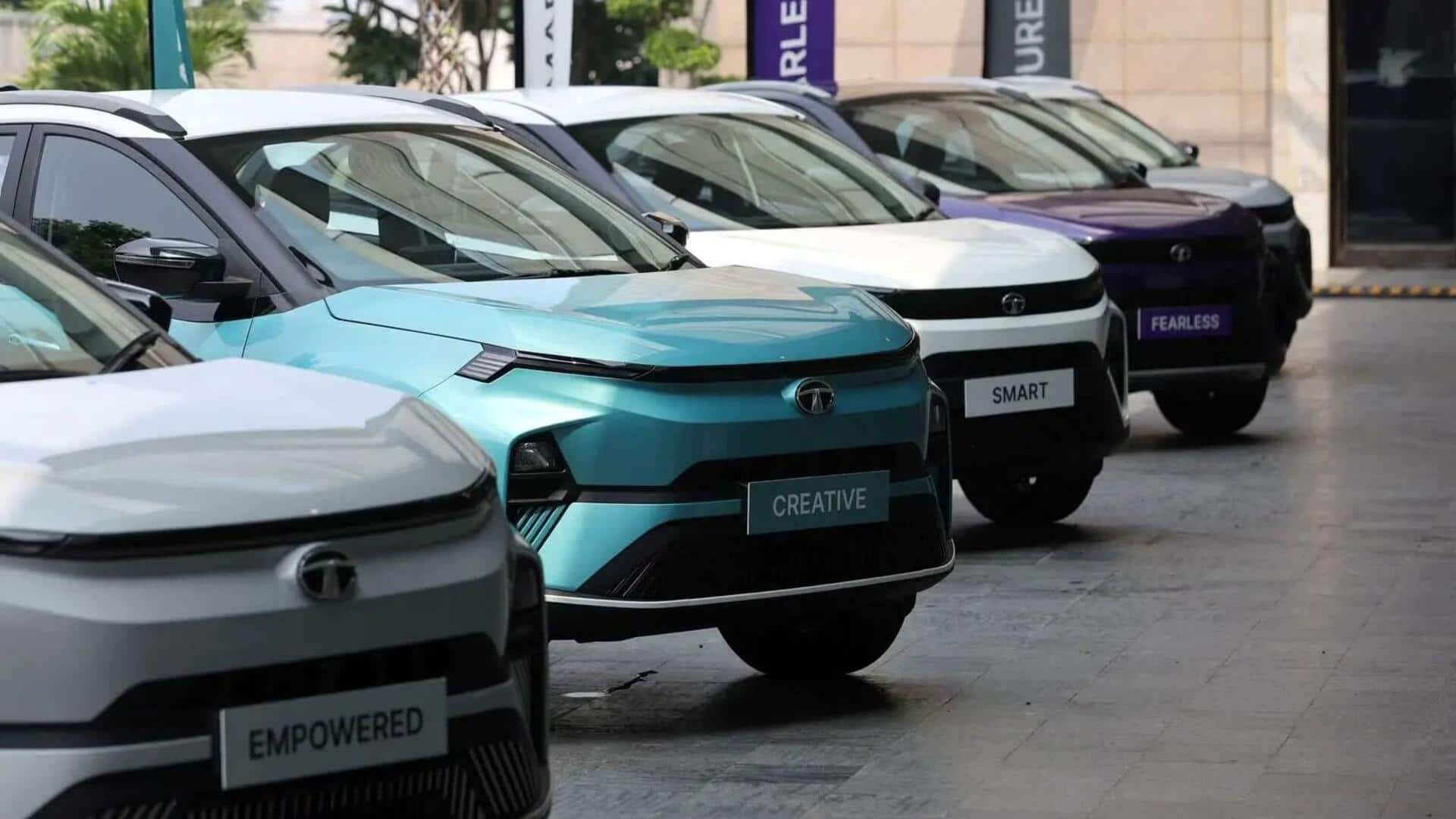
Why EV manufacturing in India may come to a halt
What's the story
India's electric vehicle (EV) makers are staring at a potential plant shutdown as their critical rare earth magnet stocks are likely to exhaust by July 31. The situation is worsened by the Indian government's delay in releasing incentives under the Production Linked Incentive (PLI) scheme, and the Prime Minister Electric Drive Revolution in Innovative Vehicle Enhancement (PM E-DRIVE) program.
Industry impact
Only few days' worth of supply left
Many original equipment manufacturers (OEMs) of electric two- and three-wheelers are on the brink, with only a few days' worth of rare earth magnet supply left. The high cost of alternatives would mean a significant price hike for vehicles. Without government incentives, manufacturers are unable to provide discounts, which is important during the upcoming festival season when customers expect deals.
Regulatory challenges
MHI's directive adds to the chaos
The Ministry of Heavy Industries (MHI) has made matters worse by issuing a directive asking OEMs to declare adequate rare earth magnet inventory. This move has put manufacturers in a difficult position. An industry source said, "As festival season kicks in from next month, it will be very difficult to meet the demand, and also customers expect heavy discounts during these times."
Supply chain issues
Direct importation of motors not feasible
Adding to the woes, component suppliers have told OEMs that no motors will be available after July 31. Direct importation of motors is also not a feasible option as it attracts a steep 15% customs duty in comparison to the 7.5% on standalone magnets. This prompted the Society of Indian Automobile Manufacturers (SIAM) to appeal to MHI last month, seeking a reduction in basic customs duty (BCD) on motors to 7.5%.
Cost
SIAM's letter to MHI
In its letter to MHI, SIAM stressed the cost implications of current import restrictions. The industry body wrote, "Import of standalone magnets attract BCD of 7.5% and import of complete motor assembly or in sub-assembly form attracts BCD of 15%." They urged the government to relax the BCD levy and cap it at 7.5% for such motors/subassemblies/assemblies.
Cautionary measures
Government's reluctance to provide incentives
The Centre's reluctance to provide incentives is due to past controversies where firms like Hero Electric, Benling India Energy and Technology, and Okinawa Autotech were accused of falsely claiming subsidies under the FAME-2 scheme. This matter is still being investigated, making the government cautious. However, industry insiders are urging a more holistic view, stressing that one company's inventory claims shouldn't dictate the fate of an entire sector.